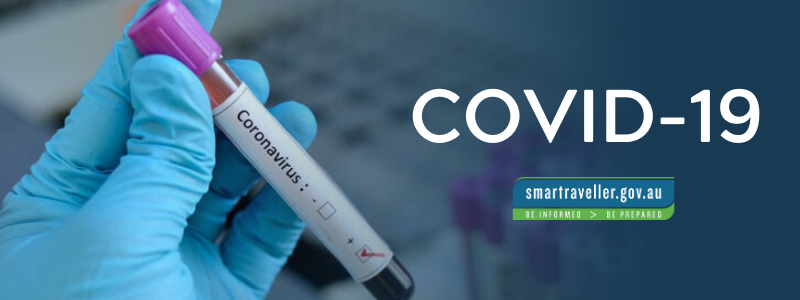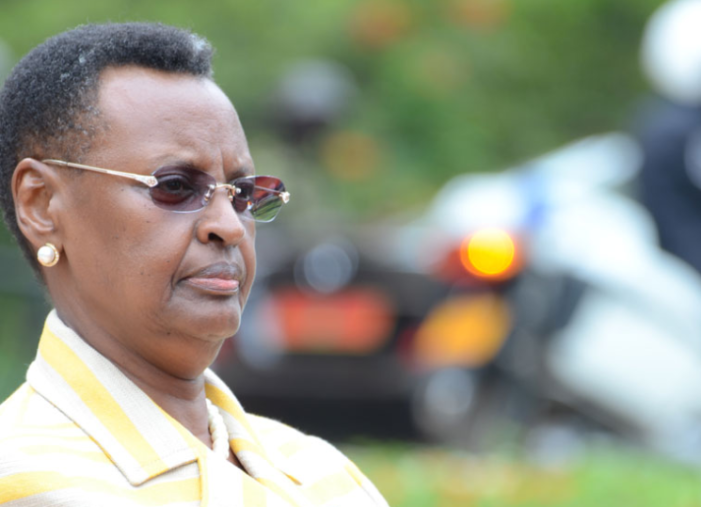As the call for food sovereignty rages on in Africa, farmers of organic products are calling for government support to expand community breed banks, promote value addition and increase production.
Although there has been funding provided through Operation Wealth Creation and other efforts, the farmers say there should be special efforts directed towards the promotion of organic foods.
Marking the 12th Annual Indigenous food and Seeds Fair at Silver Springs hotel in Bugolobi Kampala, the farmers who were exhibiting produce such as vegetables, honey, fruits, varieties of food crops and organic fertilizers say that they lack the necessary agricultural inputs and financial mercy to produce goods, add value to them and sell to the larger public.
Grace Kaana, one of the farmers organized under Tusuubira Agrocology Group from Wakiso, produces organic foods including beans, green pepper, bitter berries, Moringa and others. The group adds value to bitter berries but boiling the berries and drying them in a drier before manually smashing them to produce powder.
Kaana says the entire process is hectic with low production, hence the need to employ machines. She wants the government to purchase for them machinery such as grinding machines to be able to easily add value to their produce for the bigger market both locally and internationally.
David Ssembajwe, the Director of Camelot Agro ecology farm in Wakiso produces organic fertilizers from poultry waste and is able to make over 2 tons of manure per month. The company owns a farm in Mukono but also works with over 100 farmers who provide poultry waste to produce fertilizers.
But Ssembajwe says that with government financial support, they would be able to get advanced technology to process more poultry waste to produce over 20 tons of fertilizers per month. He say the required waste is available with farmers in different parts of the country. He reiterated the need to promote organic producers to provide alternatives to conventional fertilizers which aren’t ecofriendly.
Margaret Nabatanzi, a farmer from Mityana specializes in producing Amarantha vegetables locally known as Doodo. The vegetable is commonly eaten as is but Nabatanzi has learnt to make soup out of the Doodo seeds which were previously reserved just for replanting.
She also makes powder from Doodo seeds, making the vegetable easy to store and consume at a later date. Nabatanzi says that the Doodo seeds are easy to keep for replanting and the crop itself, quite resistant, making it a good food to rely on in bad climatic conditions. For its usefulness, Nabatanzi says Doodo seeds should be preserved and popularized.
Beatrice Ekesa, a Scientist at the Alliance of Biodiversity International stressed the importance of protecting Uganda’s agrobiodiversity by promoting community seed banks so as to preserve crops that would be threatened by the emergence of foreign breeds that have flocked the economy.
Ekesa also says that community banks, which should also be diversified to keep a variety of crops should be linked to regional and National banks such that there are different places to keep and hence retrieve Uganda’s indigenous and traditional crops.
She adds that it is from having local supplies and reducing dependency on foreign foods and seeds that Uganda and other African countries shall ably fend for themselves even when foreign countries are faced with calamities such as wars and pandemics.
Increasing the production of indigenous foods and seeds, value addition and breeding of the indigenous seeds are not all that farmers are seeking from the government in order to preserve the indigenous foods and seeds:
Edward Mukiibi, the Executive Director of Slow Food Uganda – an organisation that seeks to protect biodiversity wants government to protect the ownership of the local seeds for the local communities – is worried that the modification of local seeds and their subsequent renaming threats the ownership the local communities possess on these indigenous seeds. He gives an example of the Namulonge bean produced by researchers from the National Agriculture Research Organisation-NARO saying that when such names are finally patented, the locals risk losing ownership of the indigenous seeds which were modified and letter patented.
The Assistant Commissioner – Policy Analyst at the Ministry of Agriculture, Fisheries and Animal Industries John Okiror, says the Ministry is working on policies to promote the interests of the farmers so that they are not lost in the advancement of research. He added that the National Breeding Policy can also be used in the preservation of indigenous breeds such that they don’t go extinct.
-URN





